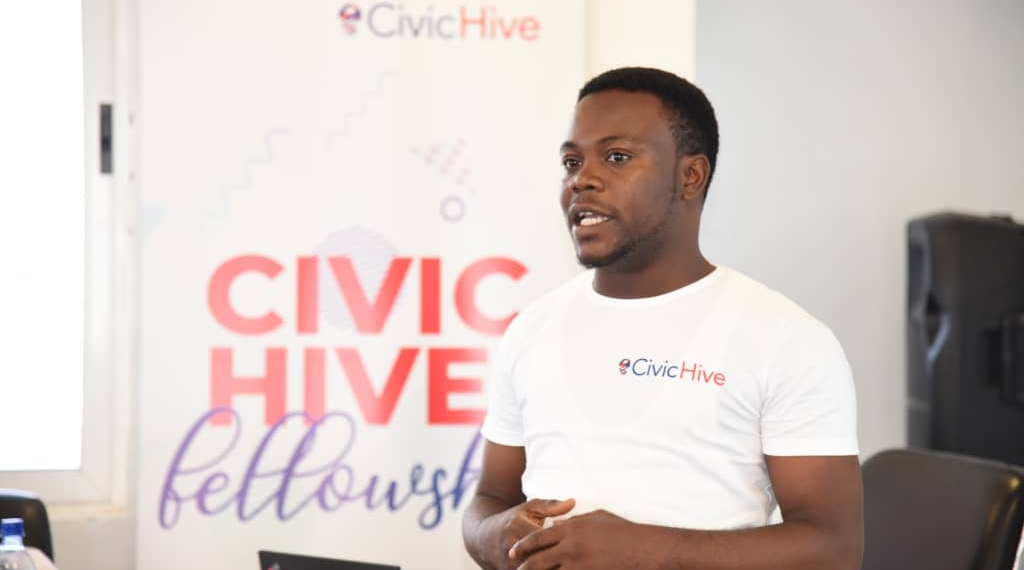By Brownson Etimbuk
The 1999 Constitution was enacted as a military decree proclamation by General Abdulsalami Abubakar which came into existence from the 29th of May 1999 ushering Nigeria into a democratic government. The Constitution is an instrument of Government and in a democratic setting like what is obtainable in Nigeria should be a document by the people and for the people; reason, the Constitution references “We the people’
However, many Nigerians are of the opinion that the present Constitution does not truly represent the people. This has given rise to various people calling for an amendment or a new constitution. An amendment is inevitable in a Constitution no matter how perfect the constitution may appear because the constitution is a living document that should reflect contemporary relevance.
A Constitutional amendment is a formal change to the text of the written Constitution of a nation or state. In some instances, the text of the Constitution is altered, in others the text is not changed but the amendment changes its effect.
Different Constitutions of various Countries of the world have seen a number of Constitutional amendments; for instance, 27 amendments have been added to the Constitution of the USA.
The Nigerian Constitution allows for an amendment as seen in section 315 of the 1999 Constitution and this has resulted in three successful constitutional amendments. The fourth amendment proposal had a total of 33 bills, some of which bundled together related bills making the total 46 bills, covering a range of issues. The Assembly decided to adopt a piecemeal approach to this constitution review process, with each proposed amendment presented in separate bills, as against presenting proposed amendments en bloc. This led to some of the Constitution Amendments being assented to by the President.
The Not Too Young To Run Bill is a successful constitution amendment process that altered Sections 65, 106, 131, 177 of the Constitution which was championed and owned by young people.
The amendment process should have the participation of the masses if truly it wishes to reflect the yearnings of the people. This is even provided for in the amendment process as seen in the constitution but for lack of understanding of the process, most times, this is overlooked.
Constitutional amendment processes require careful and methodological fulfillment of conditions laid out in the Constitution
Below is a simple step by step explanation of the constitution amendment process:
1. First Reading
2. Second Reading
3. Committee Stage
4. Third Reading
5. Transmissions to State Houses of Assembly for 2/3 votes
6. Return/Presidential Assent
Proposals for amendment to the Constitution usually come in the way of Bills. Bills originate either from the Executive or a Member of the National Assembly, as a Private Member Bill.
At the presentation, the long title of the Bill is read out for first reading marking the beginning of the legislative process. It is important to note that the Bill goes through the same procedure in each chamber of the National Assembly.
After the first reading, the Bill is read for a second time and the general principles of the Bill debated during plenary, after which it is referred to a Committee that has been specifically assigned to critically examine and legislate over the issues in contention.
The Committee reviews the Bill and may slate a public hearing and further consultations; and then, propose amendments to the plenary. This is called the ‘Committee Stage’
Before the Bill progresses to ‘Third Reading’ every member of the legislature votes either in support or against each specific item in the Bill.
If two-thirds of each of the Houses passes the proposals without amendment, it would then be transmitted to the State Houses of Assembly by the Clerk of the National Assembly for their concurrence.
A vote of simple majority of members in 24 states will be required for each amendment to be completed.
Returns are then made to the National Assembly and should mean that the amendments come into effect. There is however the debate whether at this stage, the returned bill from the States automatically comes into effect or if it should be sent to the President for his assent.
Brownson Etimbuk is the TeamLead of ConstitutionLab. ConstitutionLab is a civic Tech solution that seeks to simplify and educate Nigerians on the Constitution. He is a social entrepreneur and a change agent. He can be reached on brownson121@gmail.com, 09064519745.

